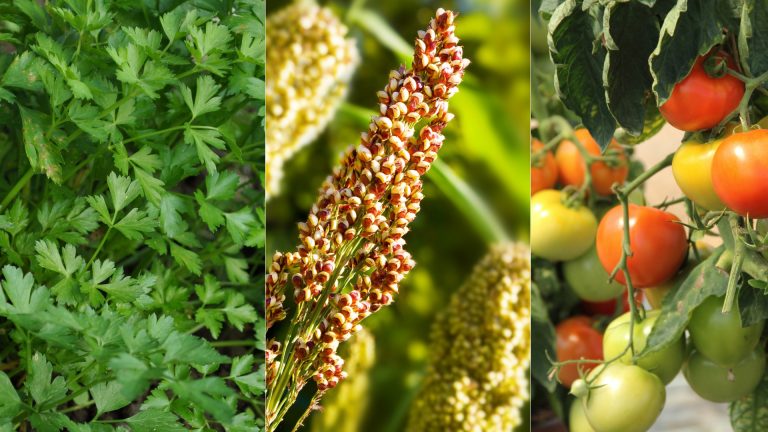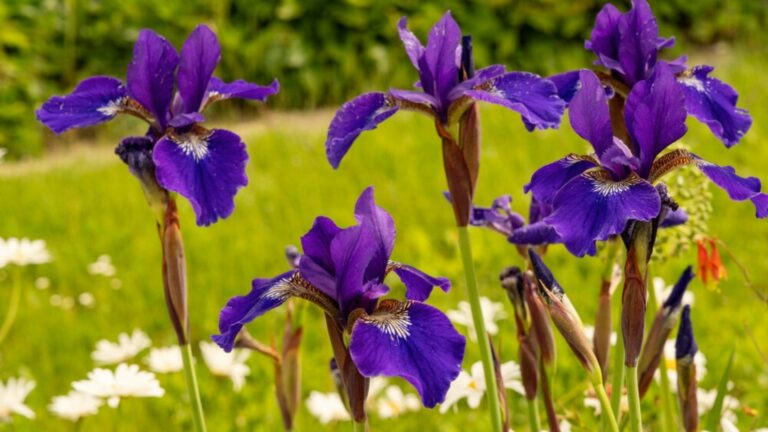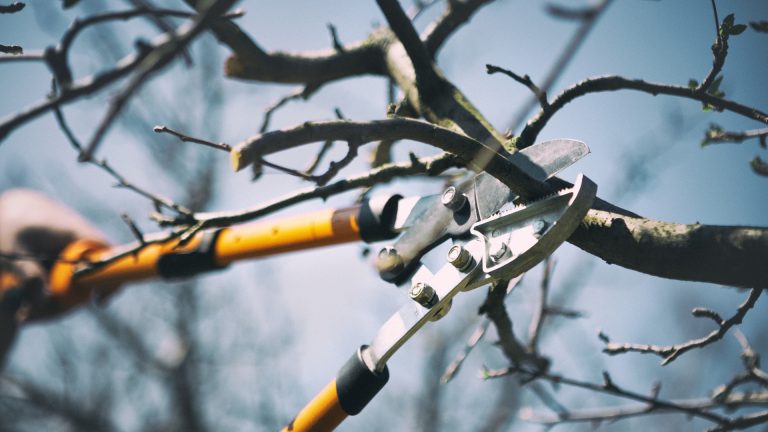Never Kick Raccoons Out Of Your Yard For These 15 Reasons
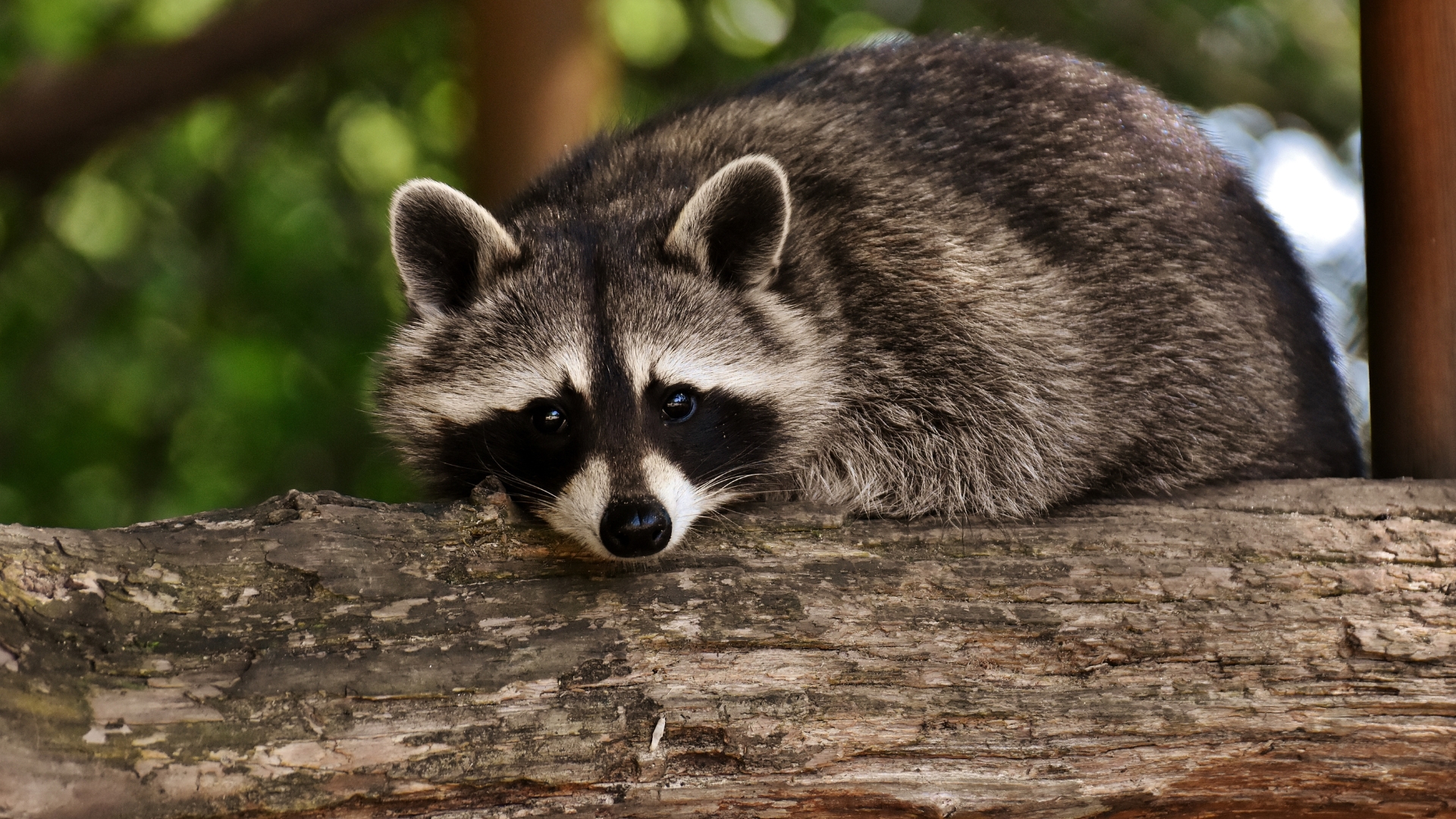
I used to think raccoons were nothing but sneaky little troublemakers—until I actually watched them for a few nights. These furry night owls are full of surprises, and I’ve grown to love having them around more than I ever expected.
They’re clever, curious, and bring a kind of wild charm that no garden gnome ever could. Before you chase them off, there’s a whole list of reasons to maybe just let them be.
You might even find yourself rooting for the little bandits.
1. Natural Pest Control
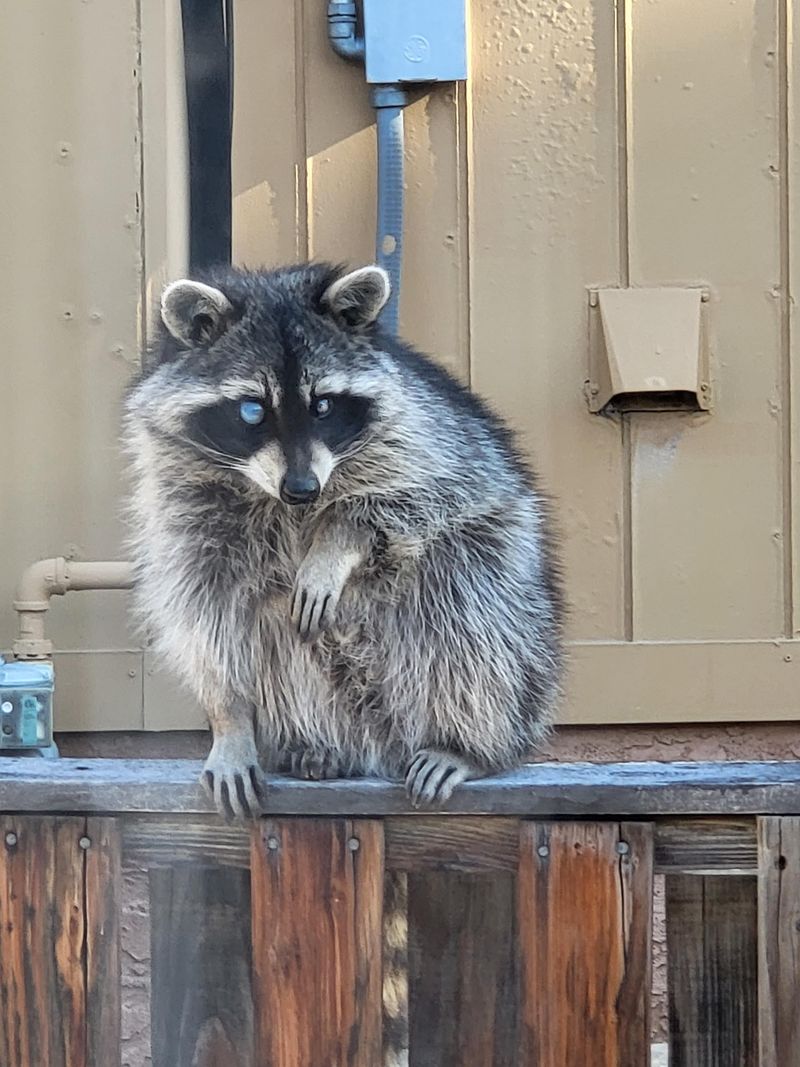
Raccoons feast on common garden pests like grubs, beetles, and worms that damage your lawn and plants. They dig through soil hunting these destructive critters, providing free pest management service right in your backyard.
Your plants will thank you for the raccoon visitors! Without these harmful insects, your garden can flourish naturally, reducing the need for chemical pesticides that might harm beneficial insects too.
2. Seed Dispersal Experts
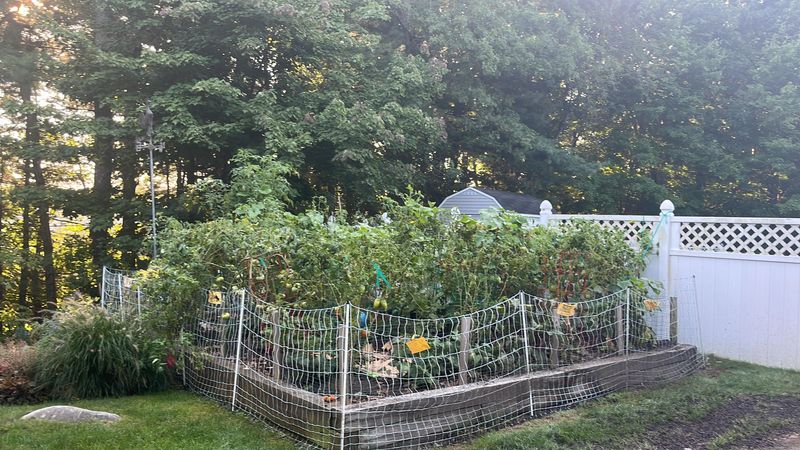
Furry gardeners work night shifts in your yard! Raccoons eat berries and fruits, then travel around depositing seeds through their droppings. This natural planting service helps spread native vegetation throughout your property.
Many plants rely on animals for seed distribution. The seeds actually germinate better after passing through a raccoon’s digestive system, giving you free landscaping assistance and promoting biodiversity in your outdoor space.
3. Soil Aeration Benefits
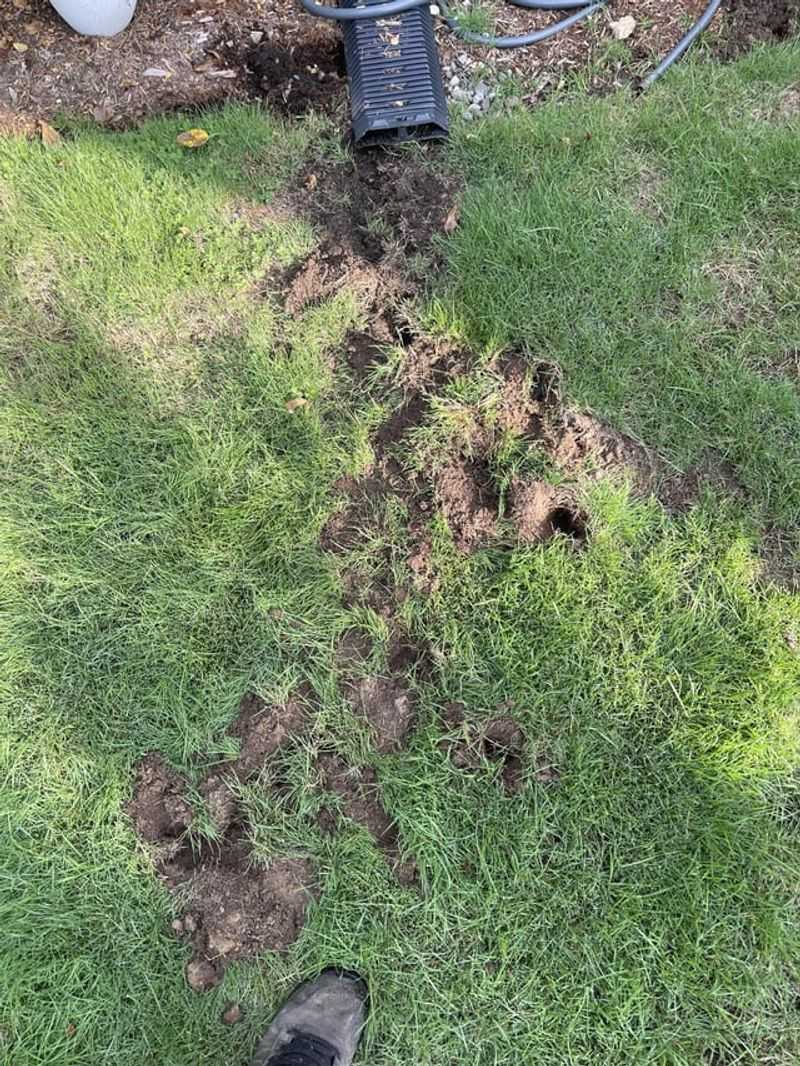
When raccoons dig for food, they’re actually providing a valuable gardening service. Their foraging habits naturally turn and aerate the soil, allowing better water penetration and root growth for your plants.
Compacted soil is a common garden problem. Raccoon digging creates natural pathways for water and nutrients to reach deeper soil layers, saving you the backbreaking work of manually turning your garden beds each season.
4. Cleanup Crew Services
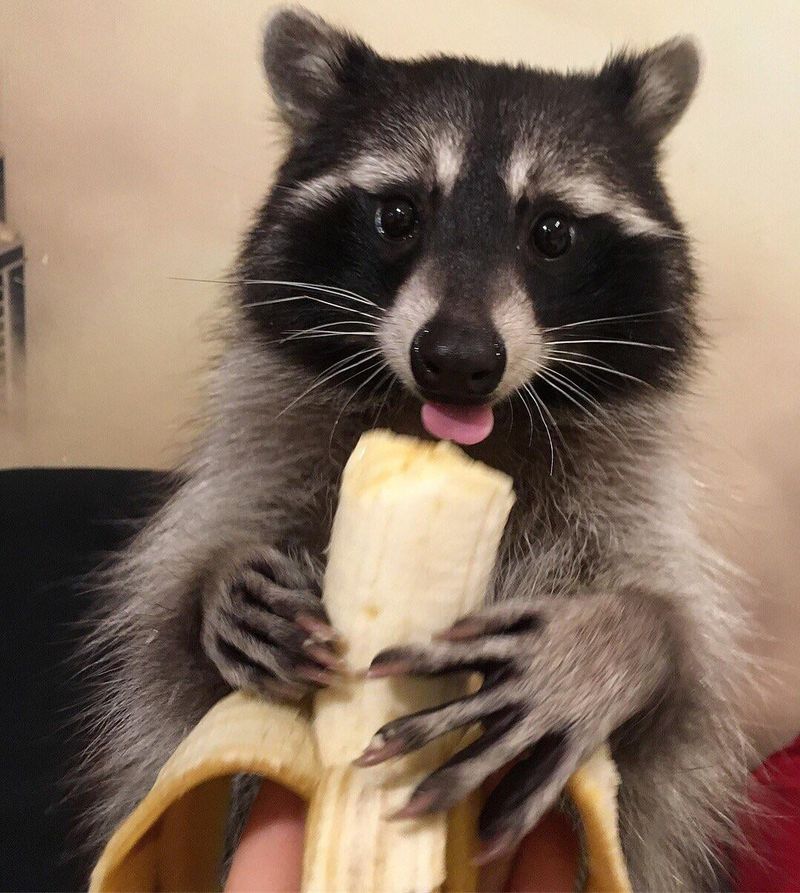
Fallen fruit attracts insects and promotes disease in your garden. Raccoons gladly clean up these rotting fruits, preventing pest infestations and fungal problems that could spread to healthy plants.
Their scavenging nature means less manual cleanup for you. By removing decomposing organic matter, these masked helpers reduce breeding grounds for flies and mosquitoes, making your outdoor space more enjoyable during summer evenings.
5. Ecosystem Balance Maintainers
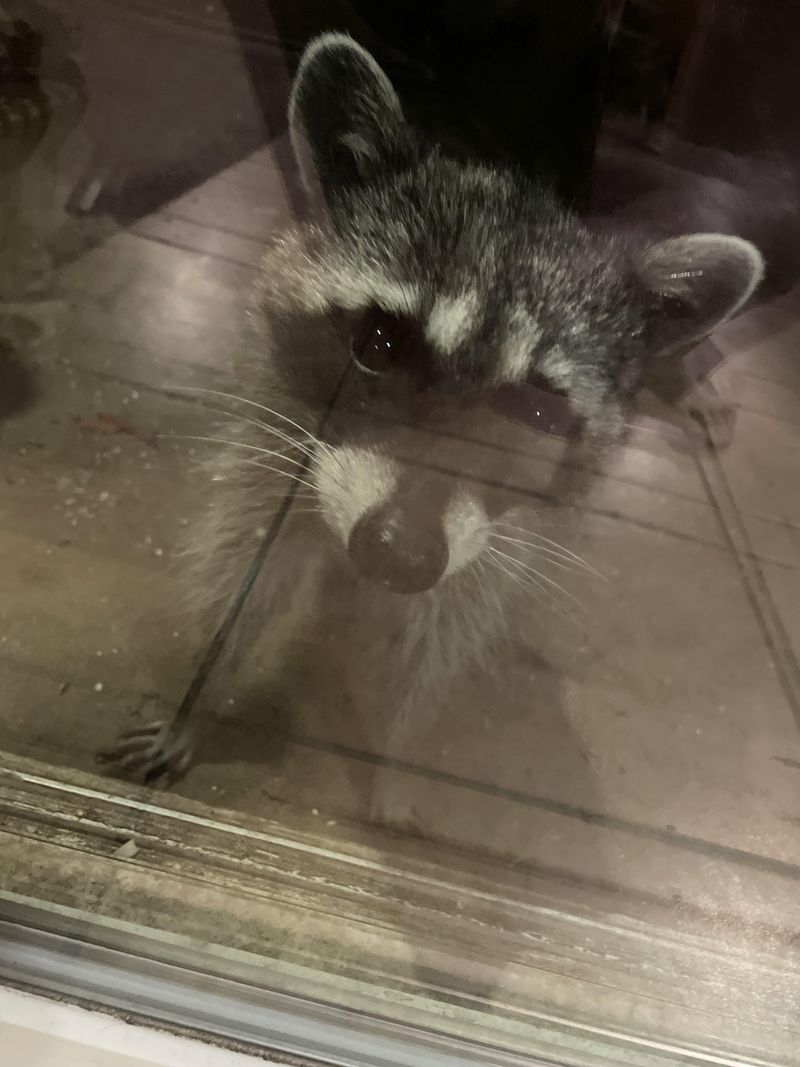
Raccoons occupy an important middle position in the food chain. They help control populations of smaller creatures while providing food for larger predators, maintaining a healthy ecological balance in your yard.
A balanced ecosystem means fewer pest outbreaks. Their presence indicates your yard is part of a functioning natural system, with predator-prey relationships working as nature intended rather than requiring human intervention.
6. Free Compost Turners
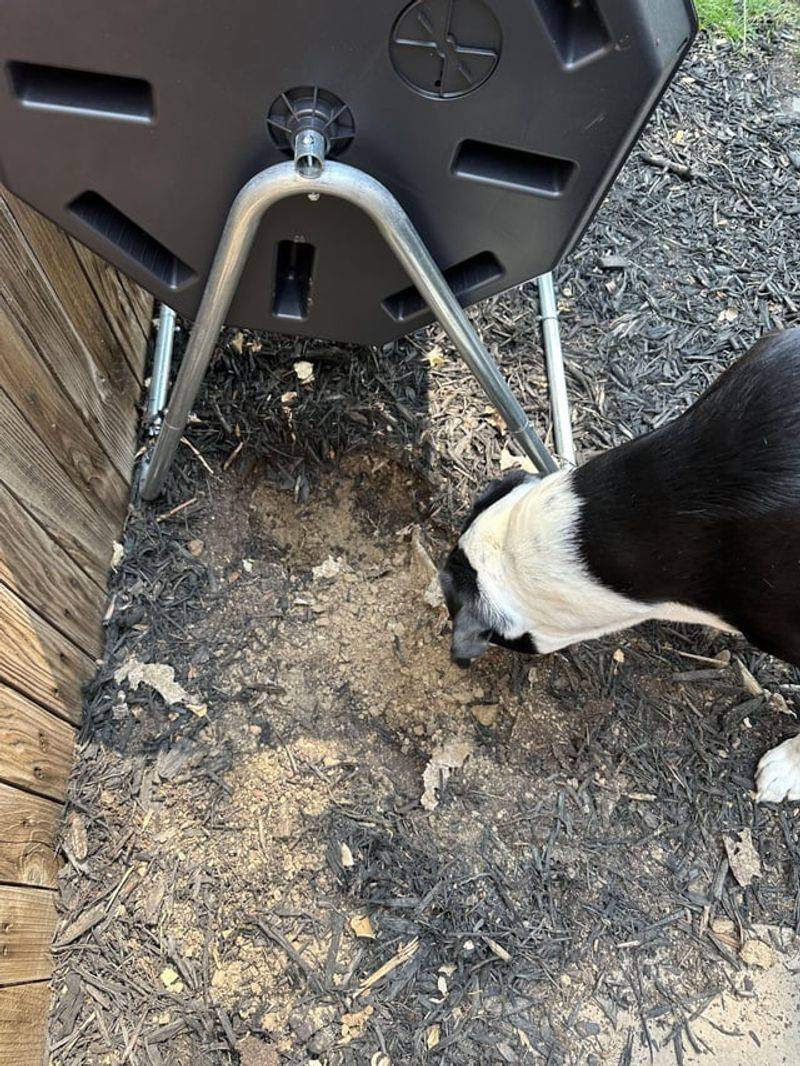
Compost piles benefit from regular turning to speed decomposition. Curious raccoons naturally dig through compost, mixing materials and introducing beneficial microorganisms from their paws and fur.
Their activity accelerates the breakdown process. What might take months to decompose happens faster with raccoon assistance, creating rich garden soil more quickly without you needing to turn the pile manually with a pitchfork.
7. Fascinating Wildlife Watching
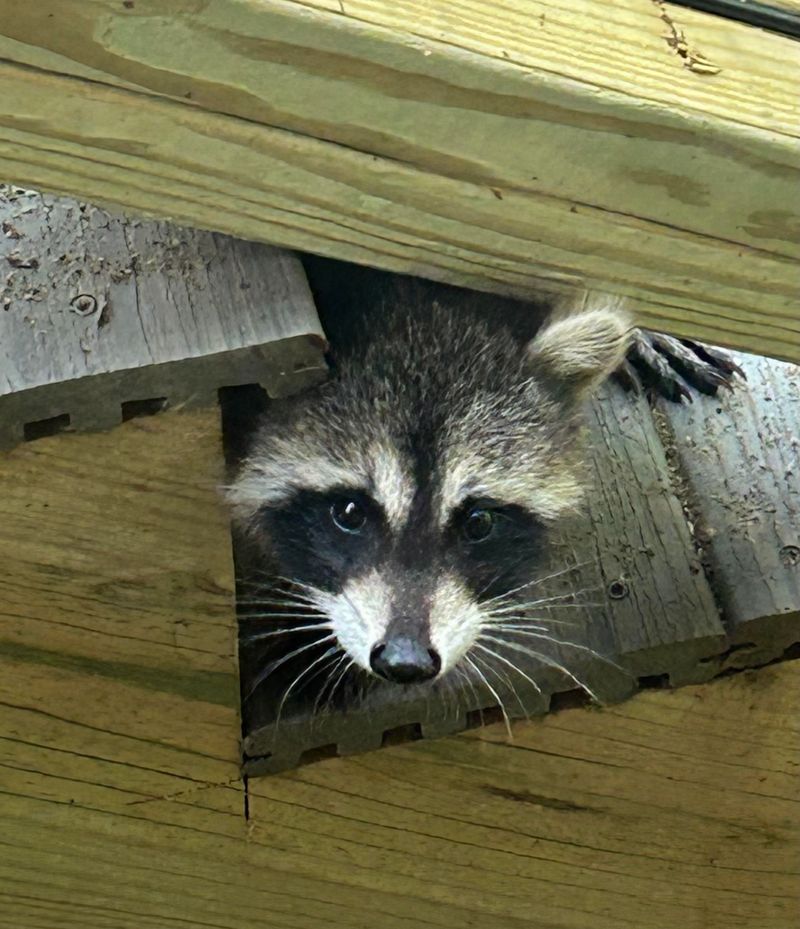
Raccoons provide entertaining backyard wildlife shows with their dexterous paws and problem-solving abilities. Children especially benefit from observing these clever animals, developing appreciation for nature right at home.
Their antics offer stress relief after long days. Many homeowners report joy watching raccoon families grow up in their yards, creating memorable moments and photo opportunities that connect us with the natural world outside our doors.
8. Snake Population Controllers
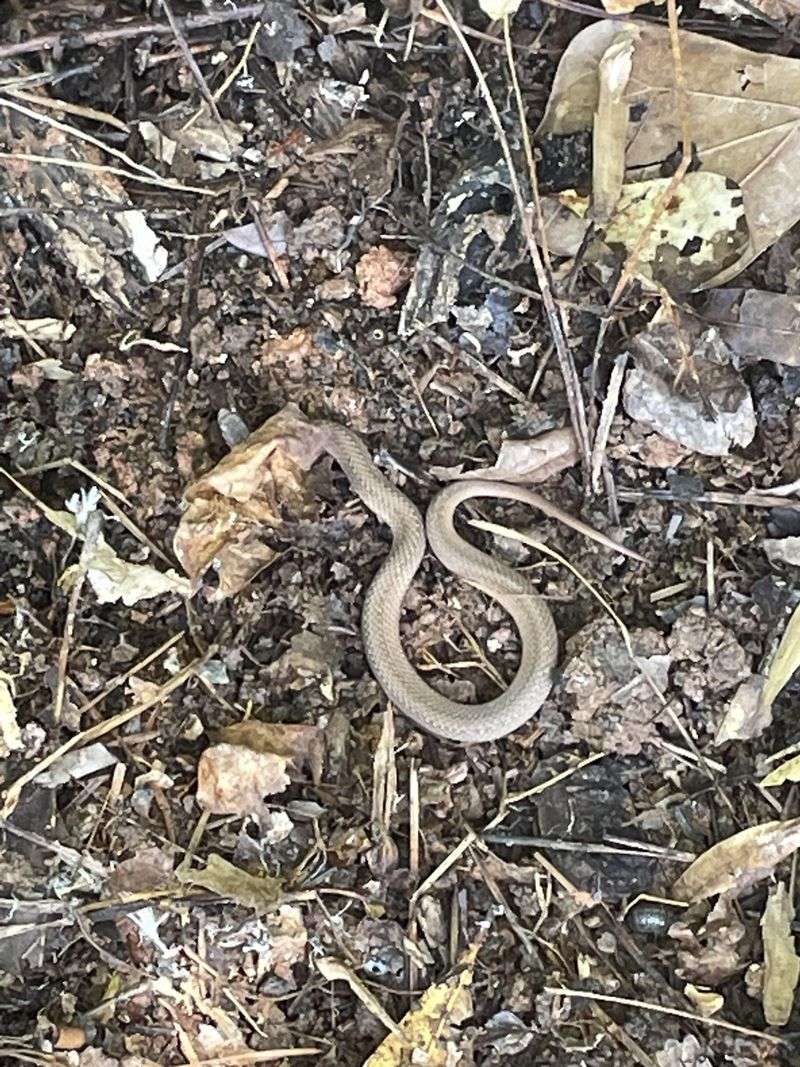
Afraid of garden snakes? Raccoons regularly hunt and eat them, including some venomous species. Their presence can significantly reduce snake populations around your home, making your yard safer for children and pets.
Many homeowners notice fewer snake encounters after raccoons move in. While some snakes benefit gardens, having a natural controller keeps their numbers in check without requiring dangerous chemical repellents or professional removal services.
9. Wetland Indicators
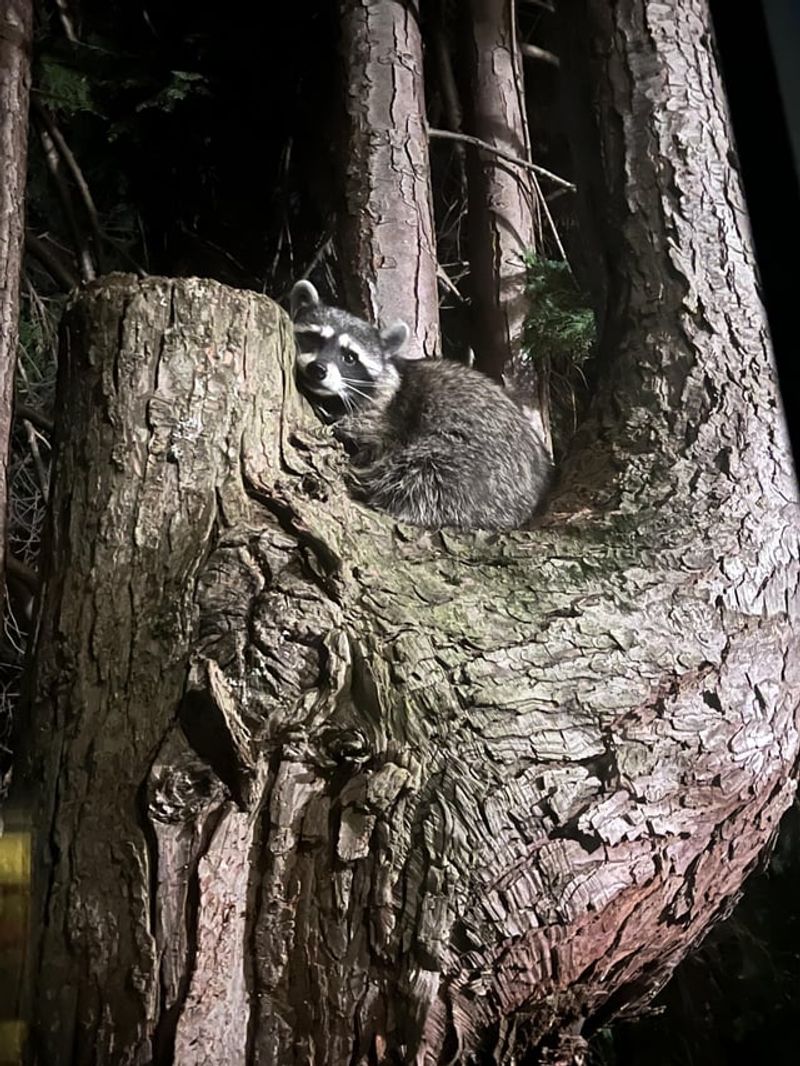
Raccoons love water sources and frequently visit properties with healthy water features. Their presence often signals a balanced aquatic micro-ecosystem in your yard’s pond or stream.
Water-loving raccoons help manage aquatic pests too. They’ll happily feast on mosquito larvae, water beetles, and other problematic insects that breed in standing water, reducing disease vectors naturally while maintaining the health of your water features.
10. Natural Fertilization
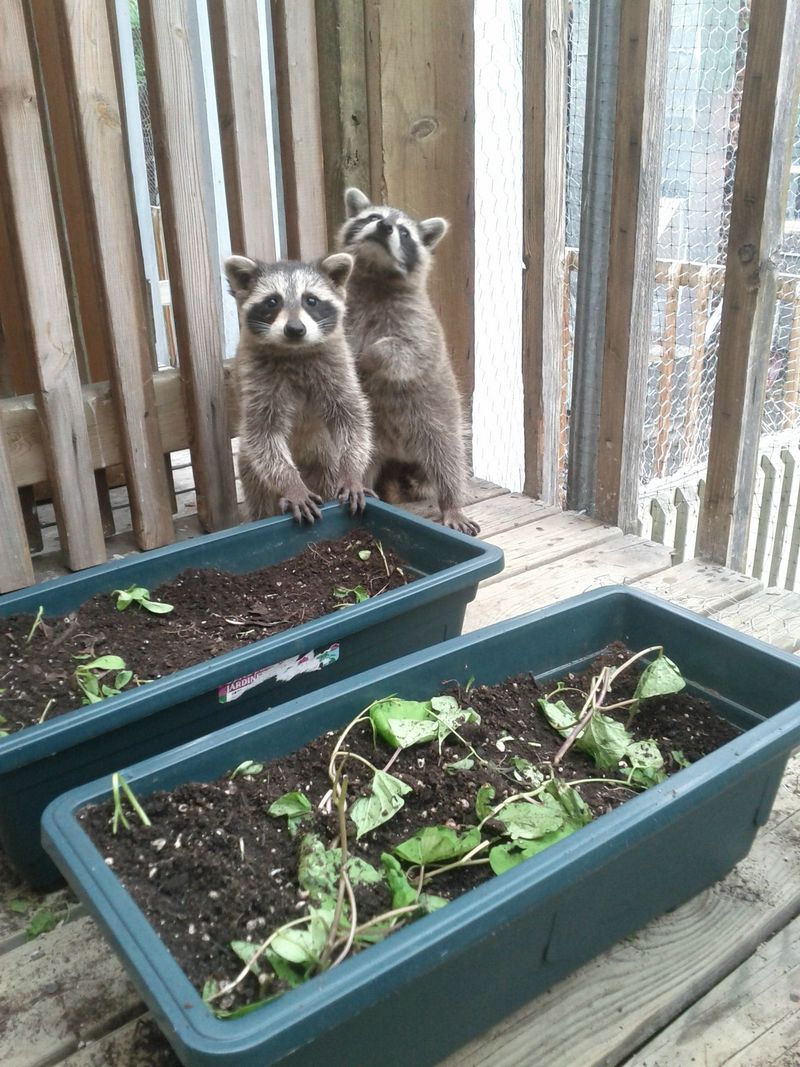
Raccoon droppings provide free, nutrient-rich fertilizer for your garden. Their varied diet creates waste that contains essential nutrients plants need, deposited right where your garden can use it.
Unlike chemical fertilizers, this natural option releases nutrients slowly. The organic matter improves soil structure while feeding beneficial soil microbes, creating healthier growing conditions without the risk of chemical burn or runoff pollution.
11. Educational Opportunities
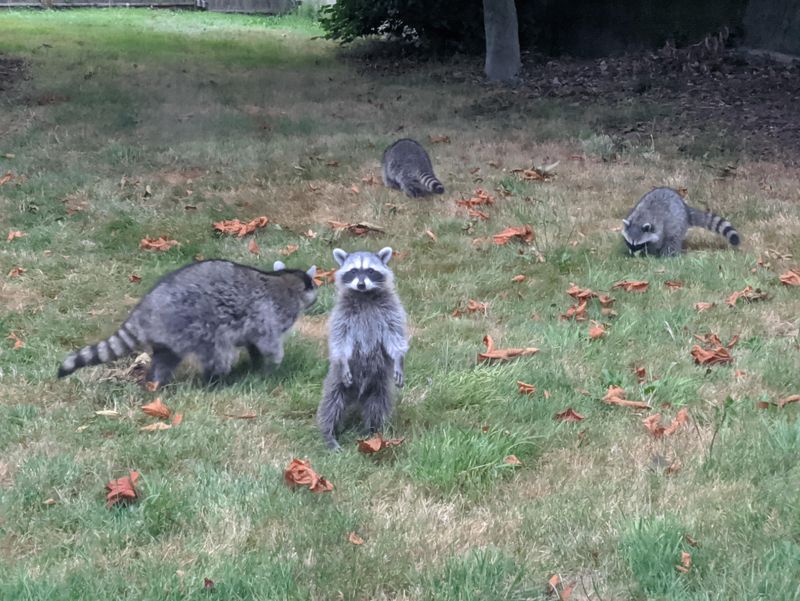
Having raccoons visit creates perfect teaching moments about wildlife, adaptation, and ecology. Children learn firsthand about nocturnal animals, problem-solving skills, and survival strategies by observing these clever creatures.
Many families start nature journals documenting raccoon behavior. These observations can spark interest in biology, environmental science, and conservation, potentially inspiring future career paths while developing patience and observational skills in young naturalists.
12. Rodent Population Management
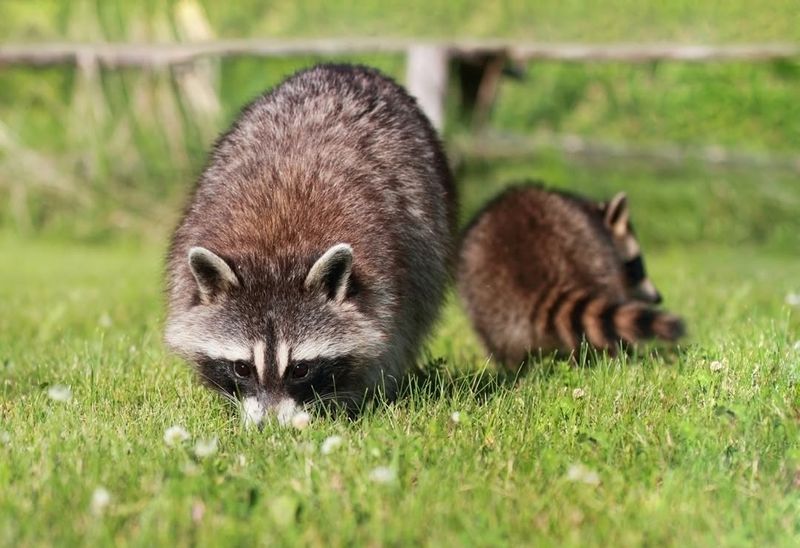
Raccoons regularly hunt mice, rats, and other rodents that might otherwise infest your home. A resident raccoon family can significantly reduce rodent populations, providing natural pest control services free of charge.
This reduces disease risk for your household. Rodents carry numerous pathogens, and having a natural predator keeping their numbers down means less chance of these disease vectors making their way into your home’s walls or attic spaces.
13. Tree Health Promoters
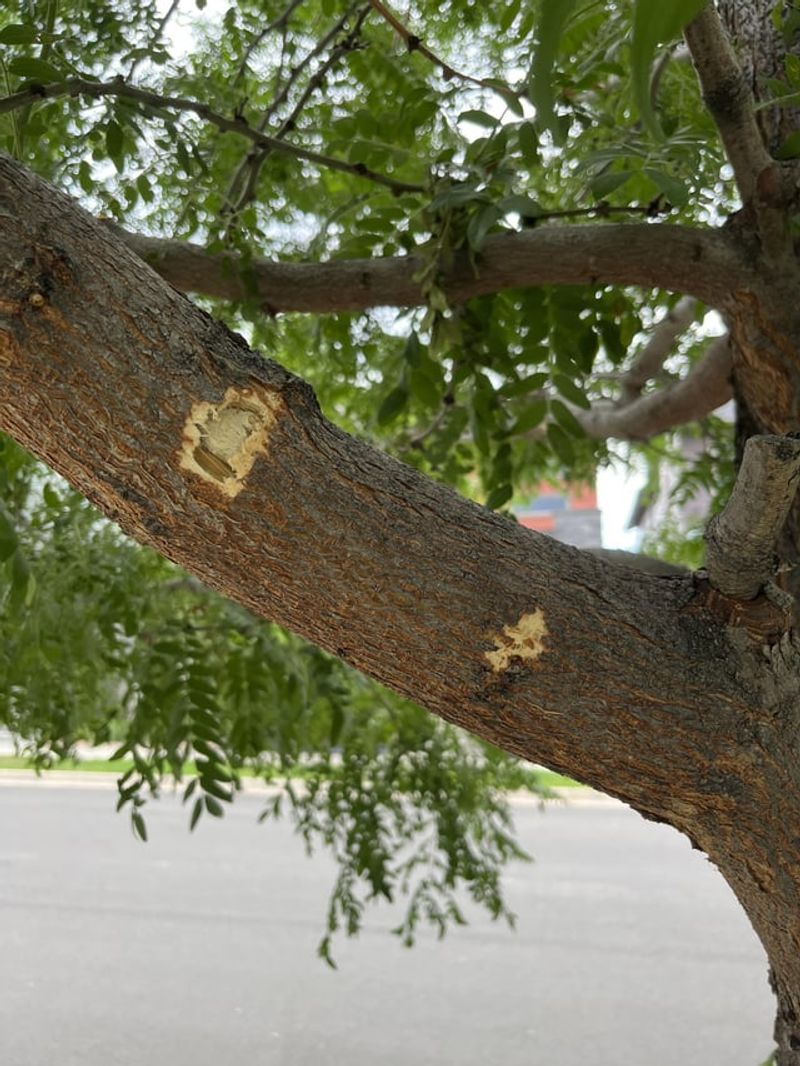
Raccoons climb trees searching for insects hiding in bark crevices. They remove harmful borers, beetles, and other pests that damage trees from the inside out, potentially saving your valuable landscape trees.
Their climbing activity dislodges dead branches too. This natural pruning reduces hazards from falling limbs while allowing more sunlight to reach inner branches, promoting healthier growth throughout the entire tree canopy.
14. Biodiversity Indicators
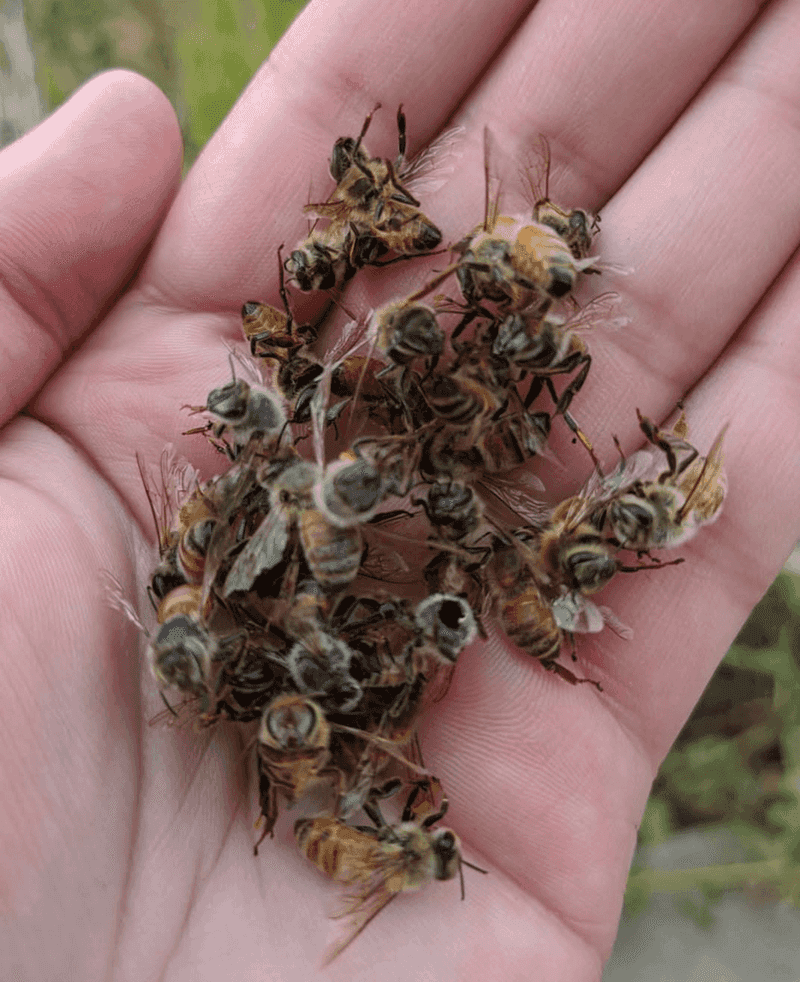
Raccoon presence typically indicates a healthy, diverse ecosystem. These adaptable animals require varied food sources and habitats, so their regular visits suggest your yard supports a wide range of plants and animals.
Environmental scientists consider them indicator species. A yard that attracts raccoons likely provides habitat for many other beneficial creatures too, from pollinators to songbirds, creating a more resilient outdoor space that requires less human intervention.
15. Lawn Grub Eliminators
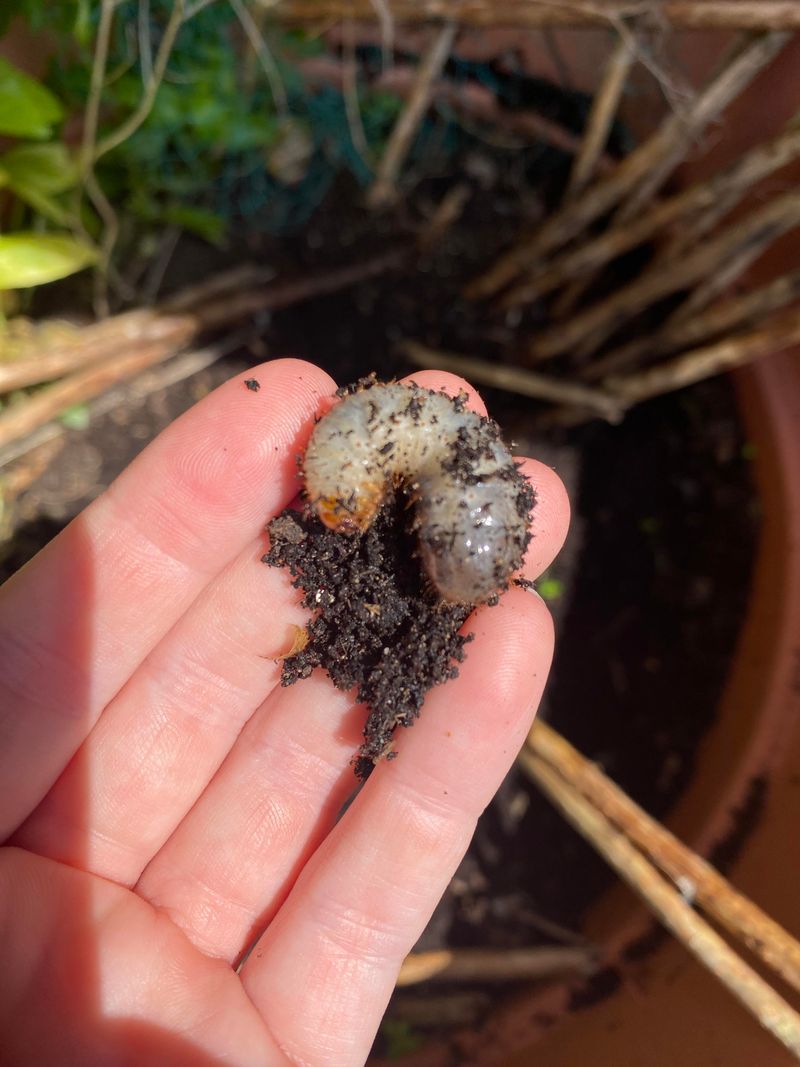
Those brown patches in your lawn? Often caused by grubs eating grass roots. Raccoons specifically target these destructive pests, digging precisely where grubs hide and removing them before they destroy entire lawn sections.
Their hunting actually saves your grass. While temporary digging might look messy, it prevents far worse damage from unchecked grub populations that could require expensive lawn replacement or chemical treatments with environmental side effects.


